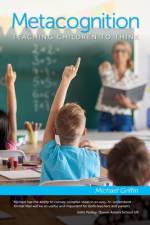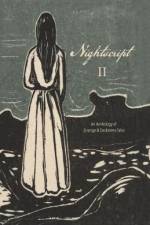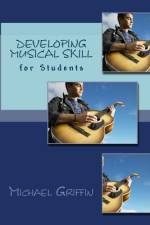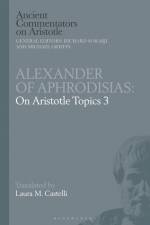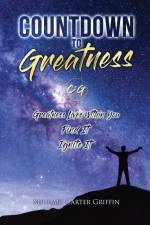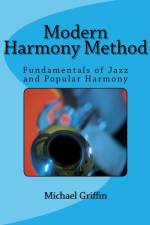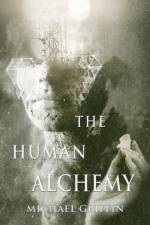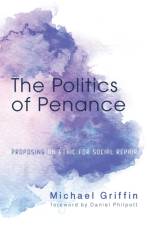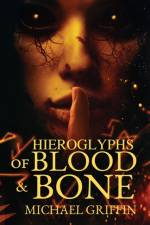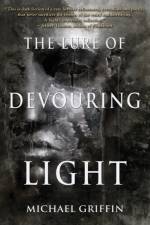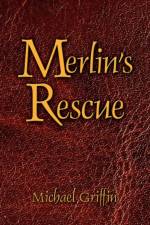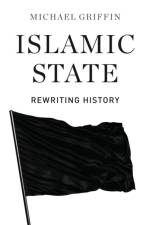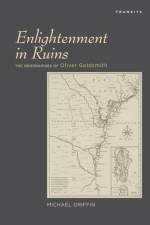- Teaching Children to Think
av Michael Griffin
305,-
Effective teaching and learning are not always intuitive. The illusion of knowledge becomes the difficulty of metacognition. Consider the illusion of encouragement. The common view that "just do the best you can" is encouraging and useful does not stand up to scrutiny. According to American psychologist and pioneer in goal-setting theory Dr Edwin Locke, "just do your best" goals consistently underperform in comparison to specific and challenging goals. The problem is: 1) it is unclear what the target is, 2) any result can fulfil the claim "I did my best", providing a ready excuse and an easy out for lack of accomplishment, and 3) it is perceived as a low expectation of student ability. Likewise, teaching that involves helping too much or too quickly discourages curiosity and creates dependency. The most common form of encouragement, praise, is often confused with feedback and is thought by some to lift self-esteem. It is effective with neither. Praise is information-less feedback, usually framed as a personal judgement, and more effective at cultivating narcissism than self-esteem. These ideas and much more are explored further in this pragmatic little book.I would not expect the reader to take my ideas seriously if they were based on my opinion alone. We all have opinions, but the opinions of researchers and field experts have more substance and weight than personal-experience opinions. Unless specified otherwise, the contents of this book are based on evidence. They are based on research. My aim is to explain complex ideas about teaching, learning, and character, in a simplicity of style that is accessible to the general reader. To do this I have drawn from the work of a broad range of educators, contemporary psychologists and motivational experts including but not limited to Csikszentmihalyi, Deci and Ryan, Dweck, Ericsson, Kohn, Hattie, Judith Locke, McGilchrist, Perkins, Pinker, Marzano, and Ritchhart. I have fused modern knowledge with the wisdom of the past including Greek philosophy and Confucian ideals. I have kept the use of jargon to a minimum. At the end of each chapter study questions are provided for reflection, and as an opportunity to extend personal learning.Metacognition is one of the magnificent joys of learning and of life itself. Metacognition is the learner's coming of age. It is the hallmark of intrinsic motivation. The diverse set of skills this word represents is essential for reaching expertise in any domain. The great thinkers Rousseau, Kant and John Locke viewed the aim of education as enabling children to think for themselves, with the subsequent aim of becoming persons of character. Metacognitive processes aim to provide an objective view of our strengths and weaknesses, self-knowledge, and blind spots. It enables freedom of the mind. Through reflection and evaluation, we understand our actions more critically and have a vision for self-improvement. We improve our learning by continually designing and redesigning our training. Some of the context examples are from my prime subject area, music education. Music serves well because expert music learners are highly metacognitive. They must be to reach the extraordinary level of skill acquisition. You are invited to cross-fertilise, compare, and contrast to your domain of interest.I hope you enjoy reading Metacognition: Teaching Children to Think and witness an increase in student engagement through its practice.Michael Griffin, January 2021.

